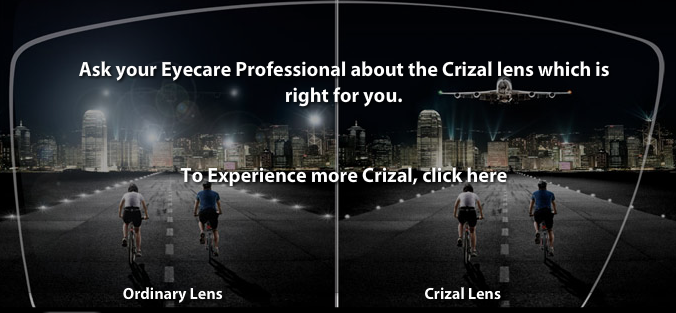

The reduction of reflections on optical surfaces dates back to a method developed by Zeiss and patented as early as 1936. In this method a thin coating is vacuum deposited onto the optical surfaces. Owing to the difference in refractive index between air and glass, reflections occur reducing the light transmission. The reflections also cause fogging and ghost images which reduce image contrast.
There are four different types of reflections.
In some positions and depending on contrast conditions the first three types may be seen as reflected images or they may be perceived merely as haze. In the latter case they are superimposed on the actual image reducing contrast or even falsifying the information content.
These antireflective coated lenses reduce reflections considerably with a corresponding lessening of the disturbances caused by them. Moreover, the reduction of reflections increases the transmission of the spectacle lenses.
How does an AR coating work?
The reduction of reflections is based on the principle of interference. The coating turns the single glass-air interface into two interfaces, namely the glass-coating interface and the coating-air interface. The reflected light rays are thus split up into two interfering portions. The thickness and the refractive index of the coating are so selected that the majority of the ray portions eliminate each other and thus intensify the transmitted light.
See the difference
with an anti-reflective coating
 |
||
The benefits
Who needs a high-quality anti-reflective coating?
· Drivers - for greater safety and faster recognition of potential hazards on the road: reflections of street-lamps and headlights on your lenses impair the contrast of your vision and let less light through to your eyes.
· Very nearsighted people -
- increased reflections result from a flatter front lens surface or from the use of a material with a higher refractive index
· If you wear your glasses non-stop all day
- to ensure that your eyes are not subjected to unnecessary fatigue by reflections
· If you want optimum eye contact with other people
- to improve the overall cosmetic appearance of your glasses.
Product info
An anti-reflective coating consists of several extremely thin layers which are applied to the lens surface in high vacuum conditions. This attenuates the reflected components of light or makes them cancel each other out. The higher the quality of the coating, the greater this effect will be. By providing it with a multilayer anti-reflective coating, the transmission of a lens can be increased from 92% to as much as 99%.
 C.J. WAGNER, Optician
C.J. WAGNER, Optician
e-mail
1508 Montana Avenue
Santa Monica, California 90403
U.S.A.